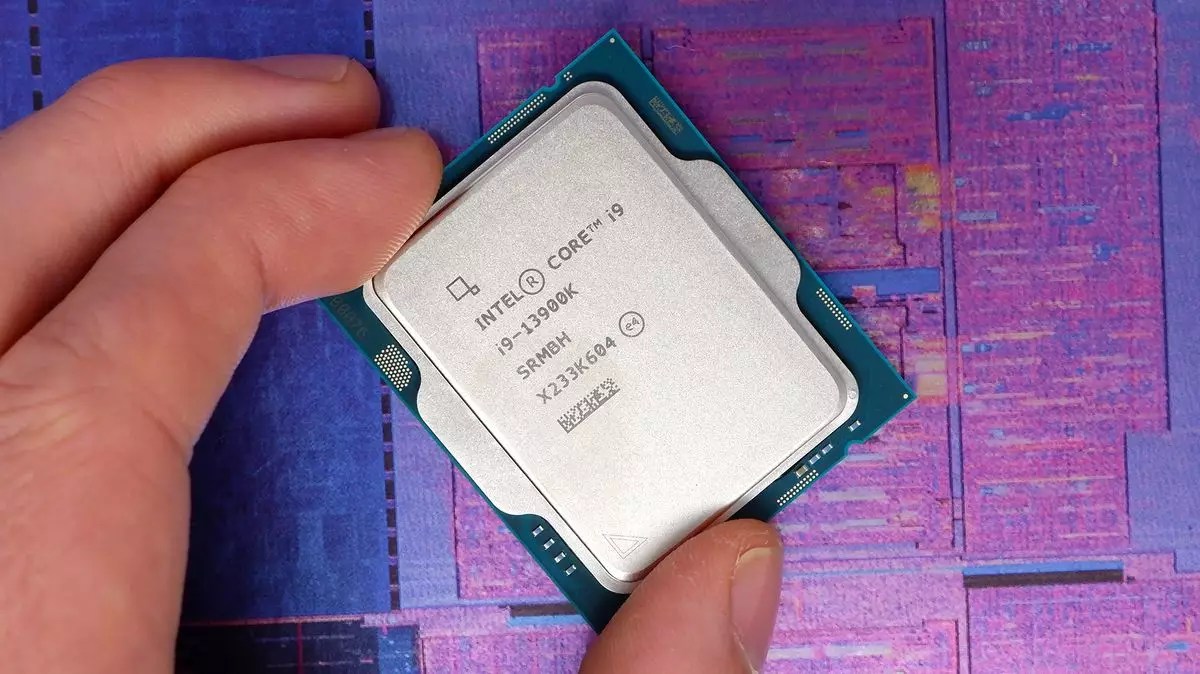The instability issues faced by Intel 13th and 14th Gen processors have become a cause for concern among gamers and game developers alike. Despite numerous attempts to diagnose and fix the problem, reports of failures and crashes continue to surface, indicating a widespread issue with the CPUs. Additionally, game studio Alderon Games has weighed in on the matter, stating that the failure rate for affected processors is alarmingly high, reaching nearly 100%.
One of the primary causes of concern is the apparent defectiveness of Intel’s 13th and 14th Gen CPUs, leading to stability issues that impact players, server providers, and game developers. Reports from various sources highlight the severity of the problem, with instances of game crashes and data compression errors linked to the processors. Despite Intel’s attempts to address the issue through software updates and changes to power profiles, the stability issues persist, raising questions about the underlying cause.
Further analysis by tech experts, such as Level1Tech, reveals the extent of the instability issues plaguing Intel’s processors. Data from game crash reports indicates that a significant number of errors are associated with 13th and 14th Gen systems, suggesting a widespread problem. Even lower-end chips within the Raptor Lake lineup have been reported to face similar issues, contradicting earlier assumptions about the root cause of the problem.
While temperature and power concerns were initially suspected as the primary factors contributing to CPU instability, recent discussions point to the possibility of chip degradation as a key issue. Reports of CPUs deteriorating over time and eventually failing indicate a more complex problem than initially thought. The failure rate observed by Alderon Games supports the notion that the issue is not isolated to a specific batch of processors but rather a systemic flaw in Intel’s 13th and 14th Gen CPUs.
The widespread nature of the instability issues poses a significant threat to gaming performance, particularly for users relying on Intel’s 13th and 14th Gen processors. The high clock speeds and impressive boost capabilities of these CPUs are overshadowed by concerns about long-term reliability and performance degradation. As gamers push their systems to the limit, the potential for overheating and system failures looms large, necessitating a closer look at the underlying causes of the instability issues.
The deteriorating state of Intel’s 13th and 14th Gen CPUs raises serious questions about the long-term viability of these processors for gaming and other high-performance tasks. The persistent stability issues, coupled with reports of widespread failures and crashes, underscore the need for a comprehensive solution to address the root cause of the problem. As the tech community continues to investigate and analyze the issues facing Intel’s processors, consumers are left to navigate a landscape fraught with uncertainty and potential risks to their systems’ stability and performance.


Leave a Reply